#Juana la Loca
Explore tagged Tumblr posts
Text
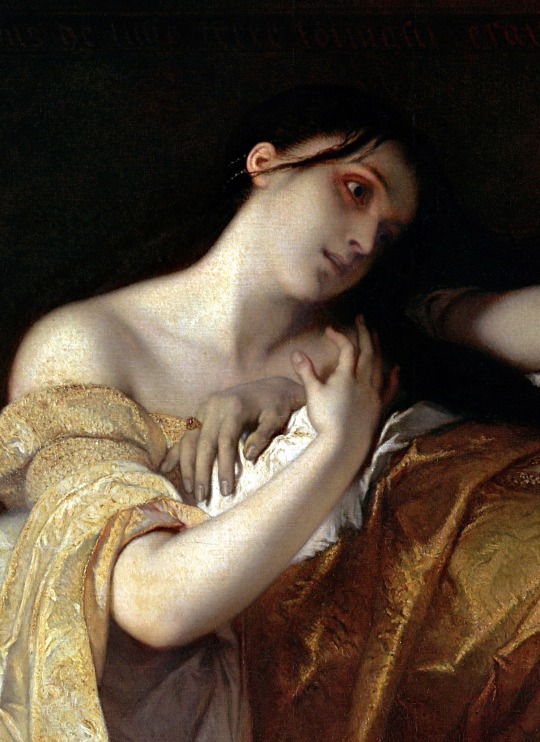
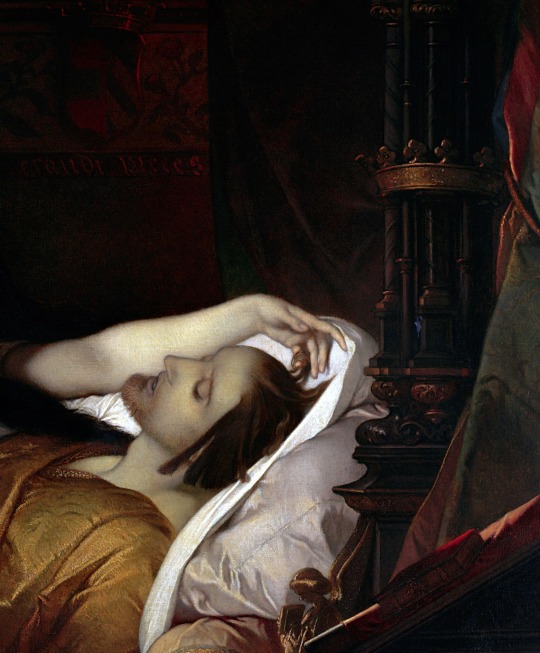
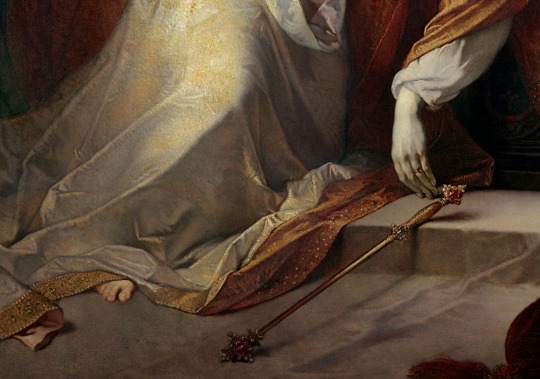
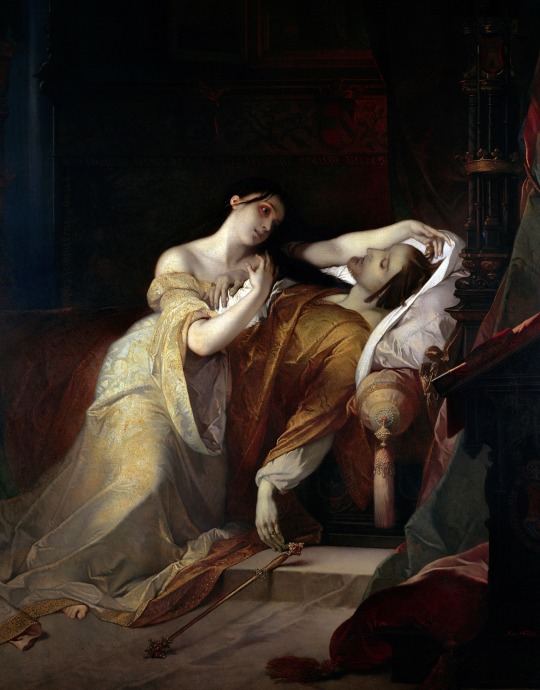
Joanna the Mad with Philip I the Handsome (1856) Oil on canvas. — Louis Gallait (Belgian, 1810-1887)
#Louis Gallait#art#paintings#classical art#oil painting#art details#hands#fabric#interior#room#bedroom#sickness#agony#crown#classic art#oil on canvas#art classics#Juana I de Castilla#juana la loca#art history#romanticism
1K notes
·
View notes
Text










Six The Musical as Tweets pt63
#six the musical#six#catherine of aragon#catherine parr#anne boleyn#anna von kleve#anna of cleves#anne of cleves#mary i#mary i of england#maud on the rhythm guitar#maud lane#maud parr#elizabeth blount#bessie Blount#bessie on the bass#mary tudor#juana la loca#juana de Aragón#joanna of Aragon#francis of lorraine#francis i duke of lorraine#François Ier de Lorraine#six the twitter#six the musical twitter#six twitter#Twitter#tweets
19 notes
·
View notes
Text
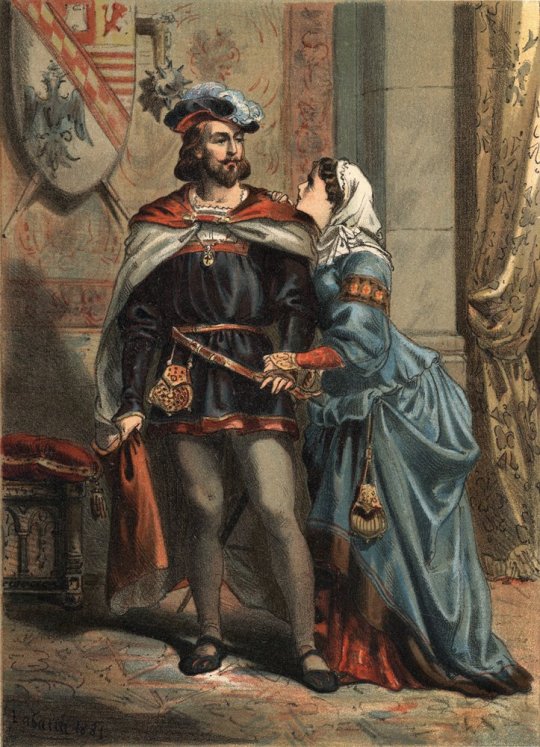
Joanna of Spain known as the Mad (1479-1555), Queen of Castile and her spouse Philip the Handsome (1478-1506), King of Castile and Archduke of Austria in 'El Culto de la Hermosura' by Juan Justo Huguet.
#monarquía española#reyes de españa#juana la loca#reina de españa#viva la reina#casa de trastámara#kingdom of spain#house of trastamara#felipe el hermoso#rey de castilla#archiduque de austria#casa de austria#dinastía habsburgo#philip of habsburg#philip the handsome#joanna the mad#royal couple#engraving#king of castile and león#kingdom of castile#house of habsburg#royalty#el culto de la hermosura#juan justo huguet
13 notes
·
View notes
Text
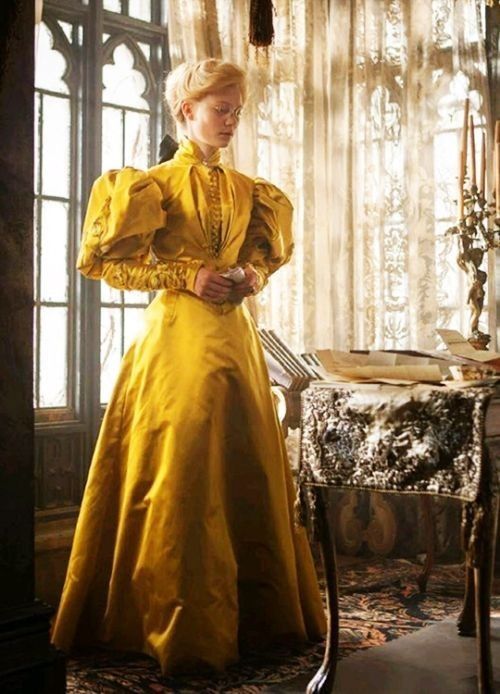
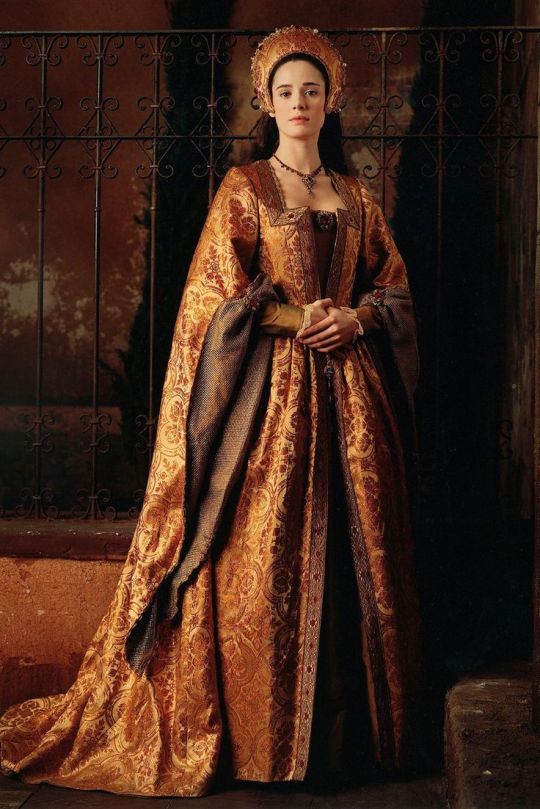
Period dramas dresses tournament: Yellow-Golden dresses Semifinals- Group B: Edith Cushing, Crimson peak (gifset) vs Joanna of Castile, Juana la loca (gifset)
#period drama dresses tournament#tournament poll#tumblr tournament#polls#fashion poll#edith cushing#crimson peak#joanna of castile#juana la loca#mad love#semifinals
45 notes
·
View notes
Text

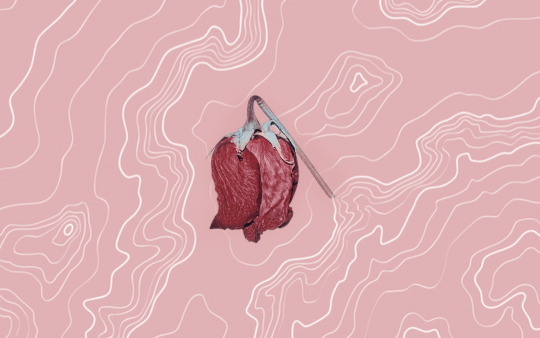


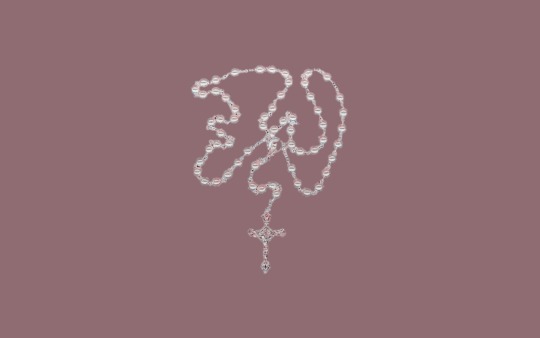
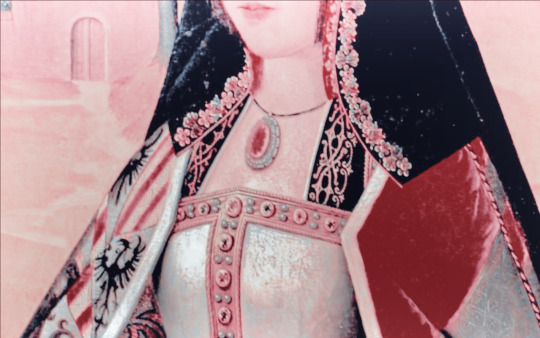


Isabel and Juana of Castile + quote
Happy birthday @latristereina !
Isabel had good cause for being upset. Such was “the disposition of the Princess” as the physicians described it, “that not only should it pain those who see her often and love her greatly, but also anyone at all, even strangers, because she sleeps badly, eats little and at times nothing, and she is very sad and thin. Sometimes she does not wish to talk and appears as though in a trance; her infirmity progresses greatly.” It was customary, they explained, to treat Juana’s infirmity through love, entreaty, or fear; but the princess had proven unreceptive to entreaty, and even “a little force” affected her so adversely that it was a great pity to attempt it and no one wanted to try, so that, beyond the queen’s customary immense labors and concerns, this weight of caring for her daughter fell upon her. It has been conjectured that Isabel’s illness could have been cancer, endocarditis—infection of the heart valve—chronic dropsy, or several of them combined. By the following June she had a visible tumor, although it is not known where or of what sort. In August she took Juana to Segovia, which she had seemingly avoided for years, telling her it was a step toward the north coast and her departure for Flanders. There Isabel continued to try with little success to get her to turn her mind to affairs of state. Juana showed little interest in government and in her child, and a good deal of disregard for religious matters of any sort, and for public opinion as well. The princess appeared to disdain much of what Isabel valued, and even to represent the antithesis of the very qualities her mother valued most highly. Even so, Juana was her designated successor, and Isabel was determined to keep her in Spain and do her best to train her to be its queen. So the arguments against Juana’s departure were patiently repeated: the season, the sea, the French, that Philip should be safe in Ghent before she traveled, and did she not want to see her father before she left? The hope remained that Juana would stay and Charles join her, so that Isabel might have him educated in Spain’s customs and come to prefer its people. And with Juana and Charles there and Philip not, should Isabel die, Fernando, still king of Aragón, could surely manage to guide their daughter in governing Castile. It was November. A treaty with France—arranged by the queen of France, Anne of Brittany, and Margaret of Austria—had been signed, and an envoy arrived from Philip requesting that Juana return to Flanders. Isabel, playing for time, responded that the princess, although better, was not well, that relations with France were still such that it was not safe for her to travel by land or, now that it was winter, by sea, that she had better wait until spring, and that “following her frame of mind and la pasión she has” that Juana should not be where there was no one who could quiet and restrain her for it might be dangerous for her. The implication was that Juana was emotionally out of control. Exactly what was meant by “restrain” we do not know.
-Peggy K. Liss, Isabel the Queen
#isabel de castilla#isabella of castile#juana de castilla#joanna of castile#joanna i#Isabel tve#juana la loca#mad love#michelle jenner#pilar lopez de ayala#period drama#perioddramaedit#historical women#my edits#graphic edit#filter by crownedfilters on ig
114 notes
·
View notes
Text
Thread about Joanna of Castile: Part : 10 “A Storm of Jealousy: Juana and Philip's Turbulent Reunion"


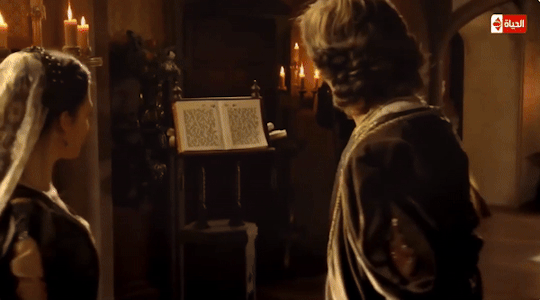
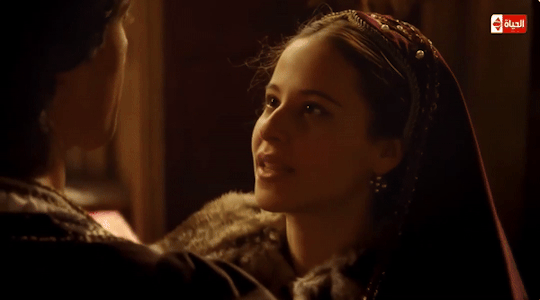
By May 1504, Juana was in Burgundy. Juana’s reunion with Philip and the children was joyful.
But soon afterwards she suspected, or discovered, an affair between Philip and a noblewoman in her entourage:
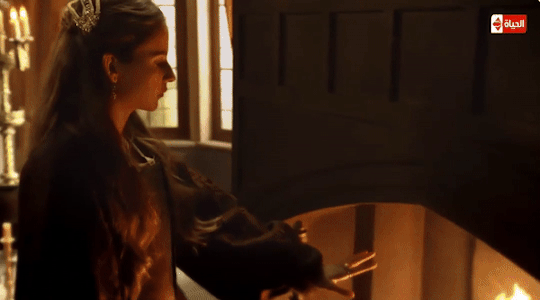



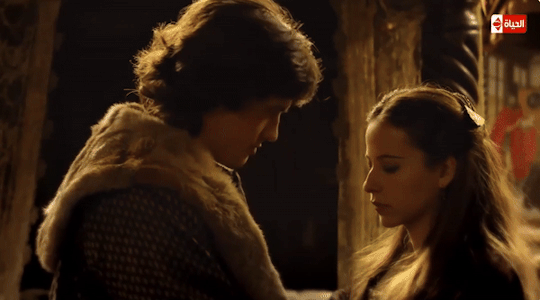

“They say,” writes Martire, “that, her heart full of rage, her face vomiting fames, her teeth clenched, she rained blows on one of her ladies, whom she suspected of being the lover, and ordered that they cut her blond hair, so pleasing to Philip …”


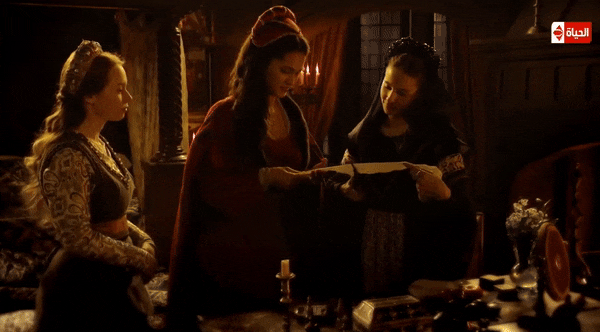
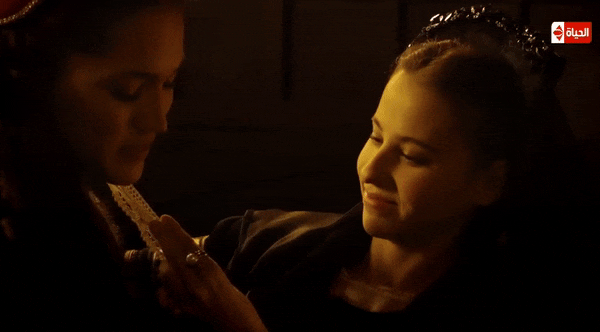
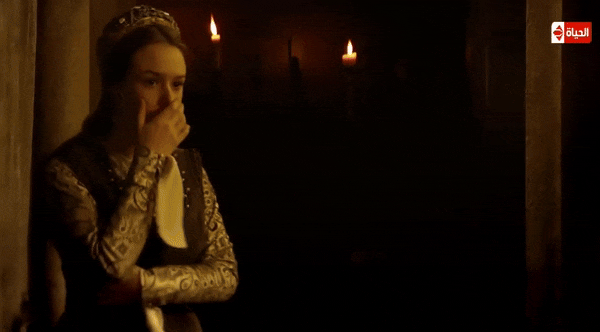

Philip’s response was equally furious. He had “thrown himself” on his wife and publicly insulted her.
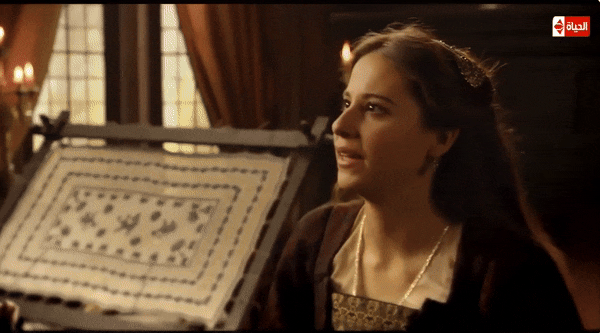


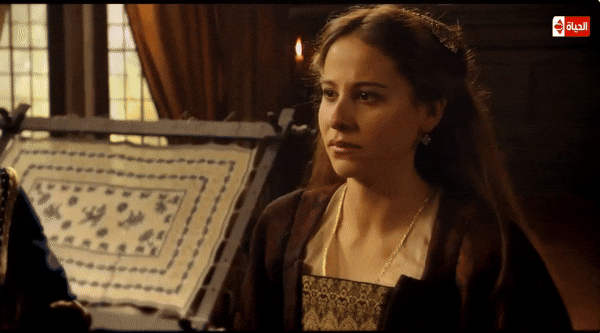
Sensitive and obstinate, “Juana is heartbroken … and unwell …”. Isabel “suffers much, astonished by the northerner’s violence.
Maximilian’s biographer, Wiesfecker, describes Juana’s response as:
"The symptom of a pathological, passionate, if not unfounded, Haßliebe, fomenting continual strife. "
Juana would have known for years about Philip's visits to the baigneries and his more casual relationships with women. However, this affair seemed to pose a direct challenge to her standing and dignity. Juana knew her faults and had tried to limit them. In 1500, after becoming princess, she had asked Isabel to send her an honest and prudent Spanish lady who:
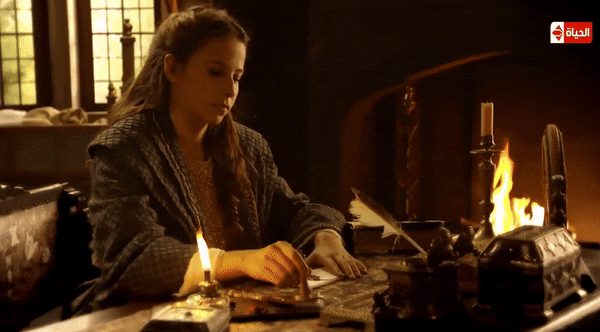



“Knows how to advise her, and where she sees something out of order (‘deshordenado’) in her conduct could say so as servant and adviser but not as an equal because, even if the advice were good, if expressed in a disrespectful way it would create more anger in she to whom it was said than it would allow for correction.”
Sources: Fleming, G. B. (2018). Juana I: Legitimacy and Conflict in Sixteenth-Century Castile (1st ed. 2018 edition). Palgrave Macmillan.
Fox, J. (2012). Sister Queens: The Noble, Tragic Lives of Katherine of Aragon and Juana, Queen of Castile. Ballantine Books.
Gómez, M. A., Juan-Navarro, S., & Zatlin, P. (2008). Juana of Castile: History and Myth of the Mad Queen. Associated University Presse.
#joanna of castile#juana i of castile#juana la loca#philip the handsome#isabel#european history#spanish monarchy#spanish princess#infanta#irene escolar#raul merida#flanders#vlaanderen#Huis Habsburg#House of Valois-Burgundy#Filips I van Castilië#Philippe le Beau
19 notes
·
View notes
Photo
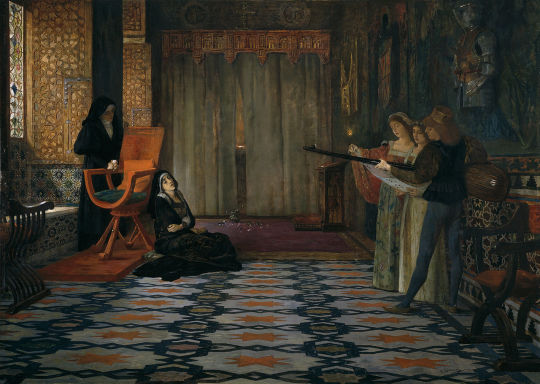
Vicente Palmaroli (Spanish) - Escena musical o Juana la Loca en Tordesillas (Ca. 1884-1885). Museo del Prado, Madrid.
#joanna of castile#19th century art#juana la loca#orientalism#art#grief#historicism#times' historical blorbo strikes back#vicente palmaroli#spain#romanticism
41 notes
·
View notes
Text
Esta es mi canción
Bueno una de las tantas 😅
2 notes
·
View notes
Text
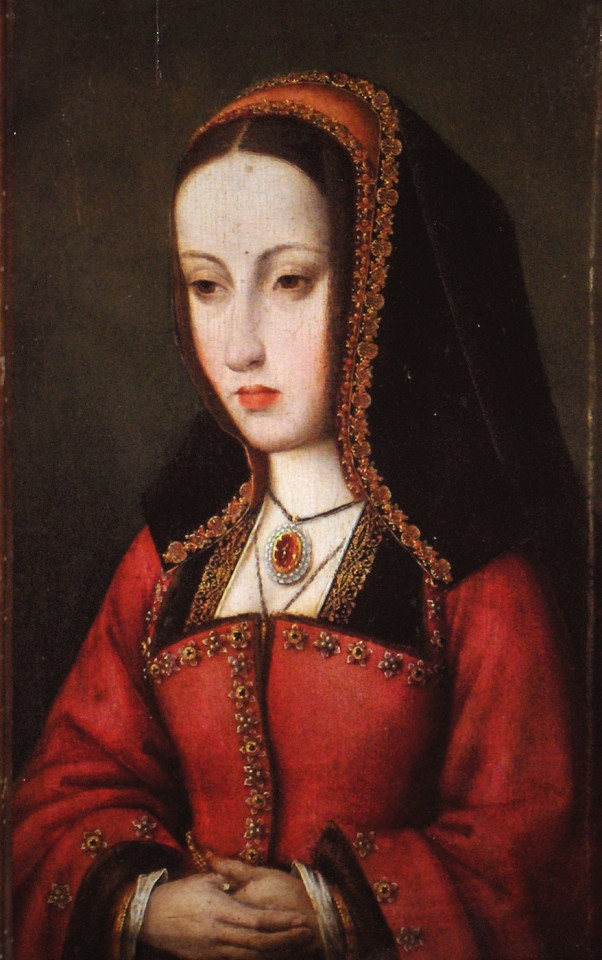
Jacob van Lathem
Juana I de Castilla (Juana la Loca) óleo sobre tabla. 1495
Nacida en la ciudad de Toledo el 6 de noviembre de 1479, Juana I de Castilla era la tercera hija de los Reyes Católicos. La muerte de sus hermanos mayores y de uno de sus sobrinos la convirtieron en la heredera de las Coronas de Castilla y Aragón en el año 1500.
Juana era inteligente, ya que aprendió latín y poseía y tenía notables aptitudes para la música.
Los Reyes Católicos la casaron con el archiduque austriaco Felipe el Hermoso ,archiduque de Austria, duque de Borgoña, Brabante y conde de Flandes. Tuvo con él seis hijos:
Leonor, reina de Francia
Carlos I de España
Isabel, reina de Dinamarca
Fernando I del Sacro Imperio Romano Germánico
María, reina de Hungría
Catalina, reina de Portugal
La llamaban "Juana la Loca" se cuenta, por su conducta irremediable de apasionados celos que sentía por las infidelidades de su esposo Felipe I, al que ella amaba con tal fervor, que la llevó supuestamente a la locura.
Los investigadores nos cuentan que quizá Juana no estaba tan loca, si no que así la quisieron otorgar este título para poder terminar encerrándola y de está forma quitársela de en medio para que el siguiente en la línea de sucesión a la corona de Castilla fuera otro a conveniencia.
El 25 de septiembre de 1506 murió su esposo Felipe I el Hermoso, según algunos, envenenado, lo que nos lleva a pensar que quizás hubo un complot no solo contra la Reina Juana I, si no también contra el Rey Felipe I para poder conseguir el trono por parte de Fernando el católico pues el confinamiento de doña Juana , por su presunta incapacidad mental, y la muerte de Felipe, era esencial para la legitimidad en el trono castellano, primero de su padre, Fernando, y después de su hijo, Carlos I.
Desde que su padre la recluyera, en 1509, la reina Juana permaneció cuarenta y seis años en una casona-palacio-cárcel de Tordesillas, vestida siempre de negro y con la única compañía de su última hija, Catalina, sus damas y un retrato de su amado esposo Felipe I.
📍Museo Nacional de Escultura de Valladolid
5 notes
·
View notes
Note
if you have time/inclination can you draw juana i please its necessary for my health. and her shitty husband too if you're feeling it

"jUanA pLEaSe" pHiLiP PLeASe shut the hell up
bonus:
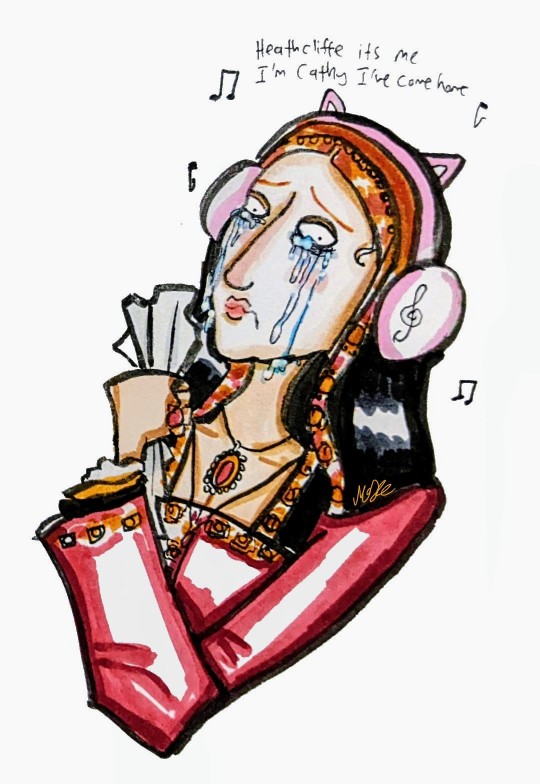
#Here you go darling ive never drawn her before bc portraits before a certain time so stylised theyre TOUGH to decipher#Juana of castile#Juana i#juana la loca#joanna of castile#joanna i of castile#16th century#15th century#Btw ive always associated kate bush wuthering heights with her SIGH#Poor Girl like i dont like thinking about her story too much bc it's so deeply tragic. Not that i dont think i should but#Its just so uncomfortable in how wronged she was#Anyway Ya here she is i hope its ok i hope your health is restored anon bc im not very sure about it at all But
13 notes
·
View notes
Text
important question for the six fandom
...has anyone ever done six-ified versions of Catherine of Aragon’s family (besides her daughter of course)? Particularly her sister, Juana de Castile/Joanna of Castile/ “Joanna the Mad”?
(I’ve seen people draw Mary Boleyn before as far as other siblings go, but I may, or may not, need a Joanna design for something I’m cooking up.)
#joanna of castile#juana la loca#joanna the mad#six the musical#queendom#catherine of aragon#six catherine of aragon
9 notes
·
View notes
Text
"¿Qué hacen los novelistas, por ejemplo, si no acumular información y luego situarse imaginariamente en el espíritu de quienes protagonizaron tal o cual hecho histórico? La literatura, la pintura, hasta la música, no son más que intentos individuales de volver a capturar sensaciones y épocas perdidas."
-- Gioconda Belli
3 notes
·
View notes
Text
Distant and close relatives marriage led to Queen Juana’s mental disorder and the fall of the Habsburg dynasty
Joanna of Castile, known in history as Juana the Mad (Spanish: Juana la Loca), is the elder sister of Catherine, the first wife of Henry VIII in the above “Genetic Curse of Henry VIII Tudor Dynasty”. She is the daughter of Isabella I of Castile and Ferdinand II of Aragon of the Trastamara family. Later, her brother John, sister Isabella and nephew Miguel died one after another, and Juana became…

View On WordPress
#Genetic mental disorders#Incestuous marriage#Juana la Loca#Major depressive disorder#Queen Juana#Schizophrenia
0 notes
Text

Juana, la Loca, Reina de España.
#monarquía española#reino de españa#reyes de españa#juana la loca#reina de españa#viva la reina#casa de trastámara#kingdom of spain#engravings#art#portrait
10 notes
·
View notes
Text


Period drama's dresses tournament: Golden-yellow dresses Round 2- Group B: Lucrezia Borgia, The Borgias (gifset) vs Joanna of Castile, Juana la loca (gifset)
#period drama dresses tournament#tumblr tournament#tournament poll#polls#fashion poll#lucrezia borgia#the borgias#joanna of castile#juana i#juana la loca#mad love#round 2
22 notes
·
View notes
Text
Esto con su majestad Felipe VI el Kioskero no pasaría
#en tiktok un chaval dijo que muchos reyes tenian apodos#tipo alfonso x el sabio#juana la loca#felipe el hermoso#etc#y que el rey actual no tenia apodo#así que ahora se llama felipe el kioskero#por la cara#no tiene sentido#pero me parece graciosisimo
0 notes